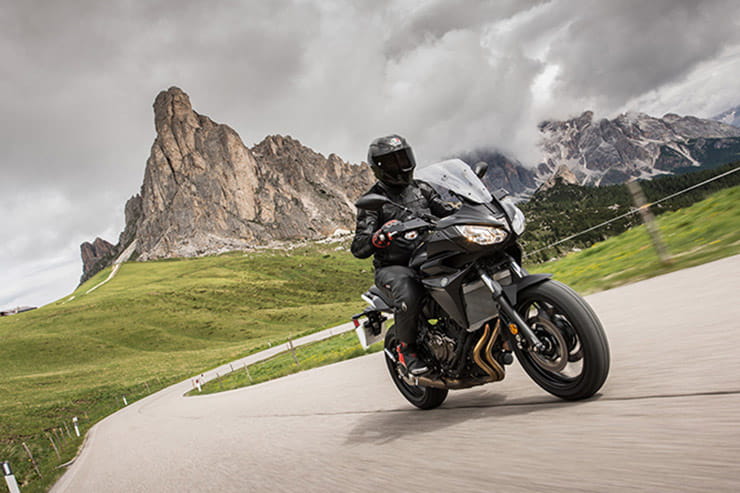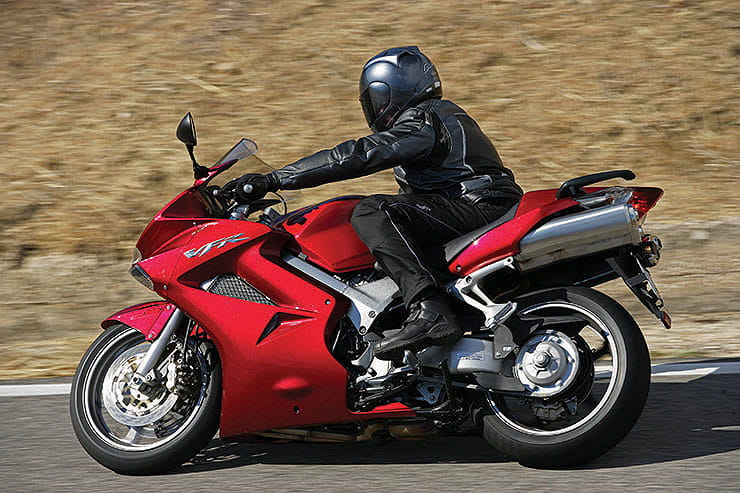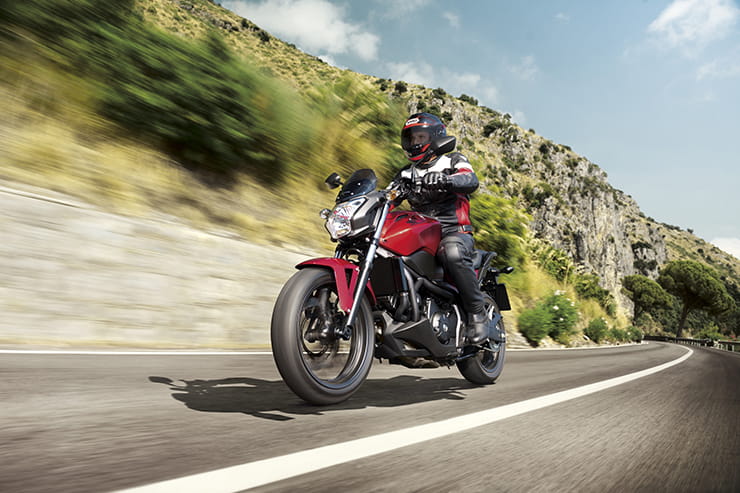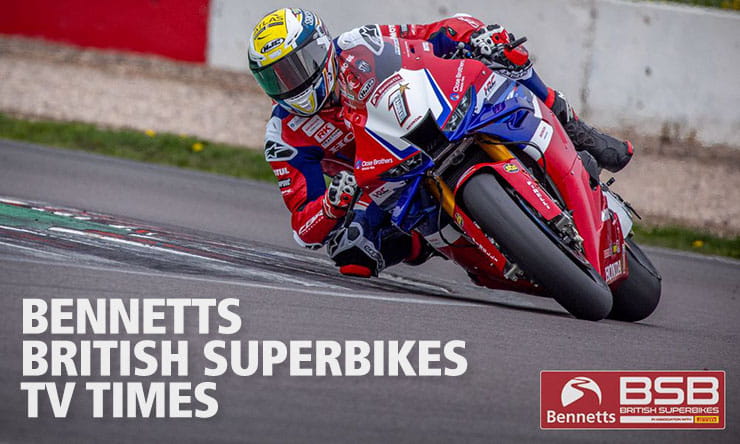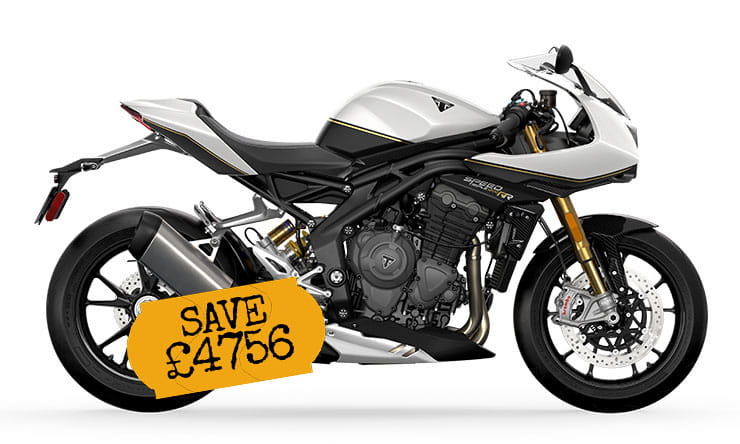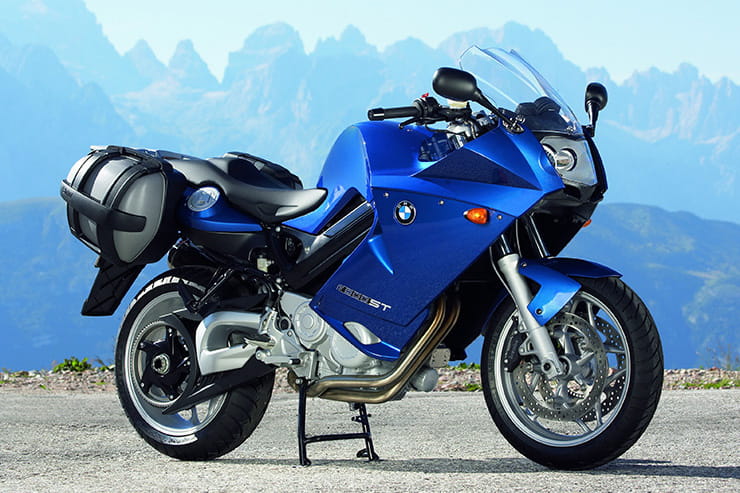
Price: £2000-£4500 | Power: 85bhp | Weight: 209kg | Overall BikeSocial Rating: 4/5
Released in 2006 to fill the gap between BMW’s single-cylinder F650s and the 1200cc boxers, the F800 models were the German firm’s first parallel twin engined bikes. Fairly underrated, the F800s (which have evolved from F850 to F900 and also include the confusingly named F650 and F700 models) have come in a number of guises over the years with two GS models (plus an Adventure), the naked R, sporty S, cross-over XR and sports touring ST. So let’s look at the ST.
Launched in 2006 alongside the S, the ST was targeted at those wanting a middleweight sports tourer and as well as newer riders, was designed to attract more experienced riders who were starting to find the weight of a boxer too intimidating. Light (in comparison) and responsive, the F800ST has a strong parallel twin motor but for many its main selling point is the fact it is a very reliable do-it-all with practicality are the forefront of its design that is backed up by a good level of build quality and helpful accessories. Arguably not that sexy to look at, the F800ST is a solid performer that is happy to soak up the miles. And with low running costs and good fuel economy, not to mention a tempting price tag, it’s not a bad used buy at all.
BMW F800ST (2006-2012) Price
Costing £6495 new the ST was £500 more than the S but you did gain some extra plastic for your money in the shape of a bigger fairing and taller screen. Nowadays there are a few STs for sale at the £1500 mark but they generally either have big mileages on their clocks (over 50,000 miles) or are accident-damaged. If you aim to spend between £2500 and £3500 you can get a well-used (20-30,000-mile) bike that has been cared for from a dealer or a lower mileage one in a private sale. You could pay closer to £4000-£4300 for a tidy example but if you plan on sticking quite a few miles on yourself, what’s the point?
Pros & Cons
- Very economical motor
- Hassle-free belt drive
- Light and easy to manoeuvrer
- Not that exciting looking
- You need to be careful on the spec when buying
- The engine’s lower area can get quite a hammering
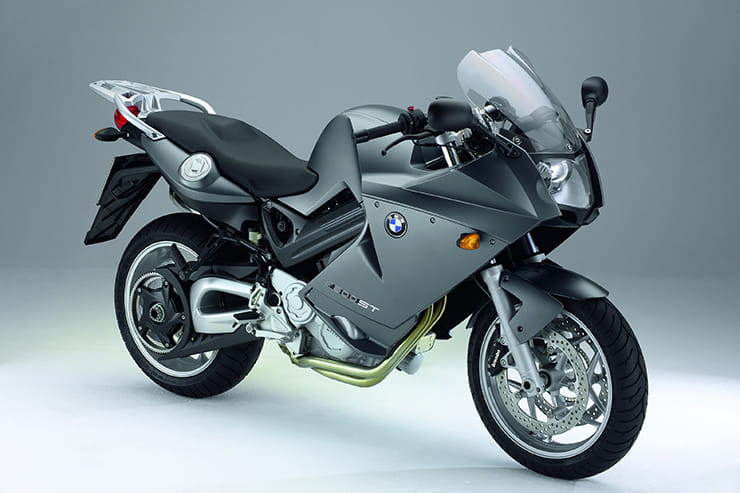
Engine and Performance
The really telling thing about the F800ST is the fact that there are quite a few used bikes out there showing big mileages – hinting that not only is this a bike that gets ridden but also that it is one that is reliable enough to regularly hit these numbers. And that’s a very comforting thing to see if you are buying used.
Built by Rotax, the parallel twin engine is a very solid unit with few faults and it delivers its 85bhp and 63.5ft.lb of torque with a lovely relaxed attitude that is idea for mile-munching. Against the new breed of modern twin it can feel a touch underwhelming but that’s not necessarily a bad thing and it has a pleasing amount of thump due to it being a 360-degree crank that gives it a nice bit of character. A few owners say this adds vibrations but it’s not that intrusive and you can always fit heavier bar end weights to help counteract the vibes. For relaxed riding, the parallel twin has a wide spread of torque, delivers good fuel economy and best of all, seldom breaks. And it even has a belt drive!
Yep, the F800ST (unlike the GS) has a belt final drive, which means it requires no nasty lube and very infrequent adjustment (every 6000 miles according to BMW). When buying used you need to give the belt a good inspection as although it should last about 25,000 miles (BMW don’t state an actual number, owners report over 35,000 miles is common) when it requires changing you are looking at a bill of about £160 for the belt or £550 for a belt and pulleys (sprockets) kit – and that’s not BMW prices. If you buy OE parts you are looking about £230 for the belt and £450 for the sprockets. Changing the belt is actually not that hard (there are quite a few online guides) but you may need some tools that aren’t in a ‘normal’ toolkit so check before you start the job. And no, you don’t need to remove the swingarm, only the footpeg hanger and centre stand. When you instal the new belt be careful not to twist it, belts don’t like being twisted as it weakens them.
When it comes to servicing the one to watch for is the 12,000-mile valve clearance check, especially on older bikes as it often gets skipped. A lot of owners do the basic 6000-mile oil and filter service themselves as access is good and a service kit is only about £80, so it seems a bit of a no-brainer – especially as the ST even has a handy centre stand!
Bikes that aren’t cared for that well can suffer from corrosion issues and flaking paint on the engine is a common complaint but if it has been treated right (lots of anti-corrosion spry) all should be well.
Finally, always take one on a test ride and check all the gears engage smoothly and don’t hop out under acceleration as a few higher-milage bikes have developed issues with fifth and sixth gears.
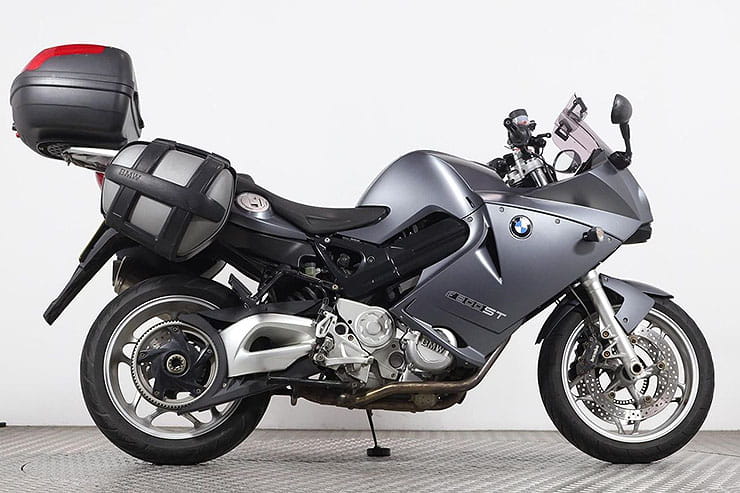
BMW F800ST (2006-2012) Handling & Suspension
To be honest, the ST isn’t a very sporty sports tourer but that’s not a bad thing at all. With its focus more on effective and secure road holding than outright agility, the F800ST is a fun bike to ride and one that won’t get upset if you load it up with luggage. At 209kg wet it is certainly lighter than the likes of an R1200 model but it is still quite chunky, although BMW have done a great job of hiding it bulk in such a way it never feels cumbersome. As well as a rear-mounted fuel tank to lower the F800ST’s centre of gravity, it has a low 820mm seat height (there is a 790mm option out there) that feels even lower thanks to the bike’s narrow waist. If you are a bit nervous at low speed or short in the leg, these traits make the F800ST very reassuring to ride.
On the go the suspension is a touch basic but certainly good enough (always check the shock’s preload collar isn’t seized up and the fork seals aren’t leaking) and the twin four-piston brakes have good bite. If you want ABS it was technically an optional extra but the vast majority of bikes have it fitted and it isn’t a bad system. When buying used, always inspect the clarity of the brake fluid as if the modulator gets blocked by contamination it can be costly to replace and watch for any ABS warnings on the dash, the occasional sensor is known to fail. In general, much like the motor, the F800ST’s chassis is strong and most of the issues are simply down to wear and tear.
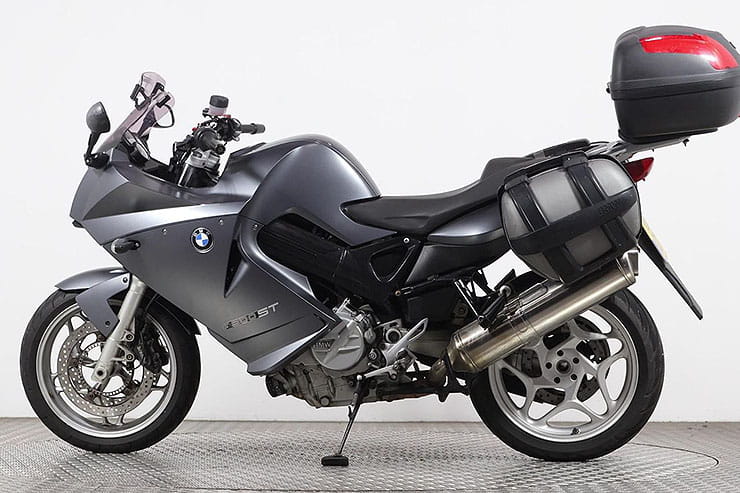
Comfort & Economy
The ST gained a higher windscreen than the S, its fairing has side panels and its bars are taller, so you do gain a reasonable amount more weather protection and comfort by opting for the ST over the S, which is a good thing. These additions make it a better tourer and it is a good bet for weekends away or even longer-distance commutes. Armed with some luggage, the ST can certainly be used as a (generally solo) tourer and it doesn’t take much to boost its comfort levels through items such as heated grips or a taller screen, which many owners do. If you are a little shorter in the leg, BMW did sell a low seat, which drops the seat height from 820mm to a more manageable 790mm.
BMW claimed the ST could average a healthy 64mpg at normal speeds, which equates to a tank range of just over 200 miles from its 16 litre fuel capacity, and owners seem to agree with a figure close to this as 60mpg seems about average. That’s not bad going at all.
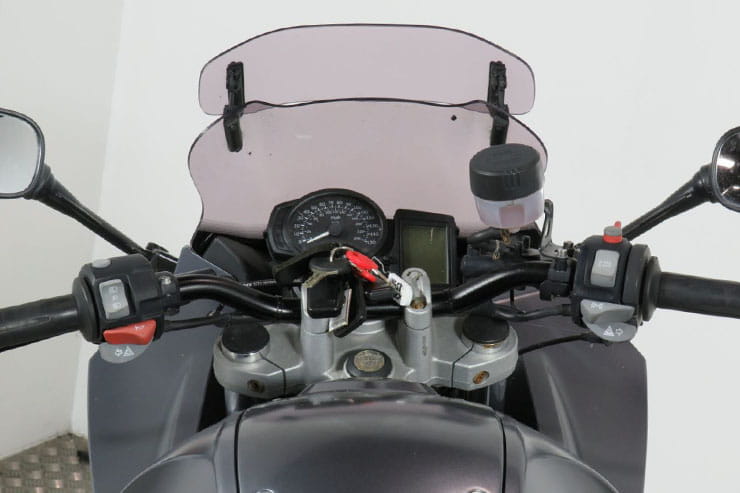
BMW F800ST (2006-2012) Equipment
The ST came with a reasonably large list of add-ons but the only ones that are really worth checking for are heated grips, ABS (if you want it), a centre stand (although you don’t need to lube the belt!) and luggage. The on-board computer is handy as it adds some extra data that includes a fuel gauge and gear indicator to the dash – most bikes have it fitted but always check. BMW added an immobiliser as standard to the ST, which like all older systems is known to start to pack up if the ring antenna around the ignition fails, so always check it works and if you only get one key with the bike, get a second one cut and coded up as soon as possible! You generally only think of this when it is too late...
When it comes to non-BMW accessories, most ST owners stop at luggage (top boxes are popular), heated grips, crash protection, a taller screen and extra 12v inputs. It is very rare indeed to find anything other than these items.
The ST is generally bought by those who like to cover miles, which is why it isn’t uncommon to find high-mileage used examples. That can either be younger newer riders wanting a non-threatening machine to explore on or older experienced riders looking for a lighter weight tourer.
Yamaha Tracer 700 (2016-2019) | Approx Price: £4000-£6000
Power/Torque: 73.8bhp/50.1lb-ft | Weight: 196kg
Honda VFR800 VTEC (2002-2013) | Approx Price: £2000-£5500
Power/Torque: 110bhp/60.5lb-ft | Weight: 208kg
Honda NC700S (2012-2014) | Approx Price: £2600-£4000
Power/Torque: 47bhp/44lb-ft | Weight: 211kg
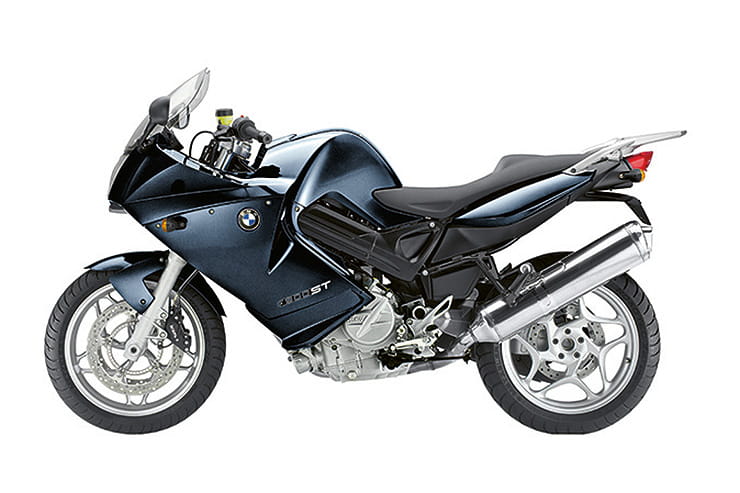
BMW F800ST (2006-2012) Verdict
The F800ST is one of those bikes that is best described as ‘worthy’. It’s not the most exciting to look at but when it comes to the nitty-gritty of getting on with delivering cost-effective motoring with little hassle and a few helpful perks (heated grips and a belt drive), it is extremely effective. A better buy than the sportier F800S or the adventure GS offerings, arguably the GT version may be its main competitor in BMW’s used parallel twin range but they didn’t arrive until 2013 and so are more expensive to buy. Nope, if you are after a lightweight do-it-all, the ST won’t disappoint. Or, arguably, excite either...
If you’d like to chat about this article or anything else biking related, join us and thousands of other riders at the Bennetts BikeSocial Facebook page.
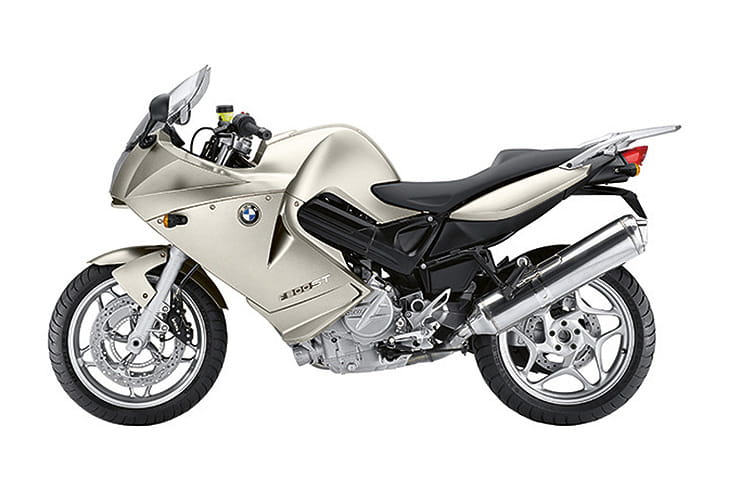
BMW F800ST (2006-2012) – Technical Specification
|
Original price
|
£6495
|
|
Current price range
|
£2000-£4500
|
|
Capacity
|
798cc
|
|
Bore x Stroke
|
82mm x 75.6mm
|
|
Engine layout
|
Parallel twin
|
|
Engine details
|
DOHC, liquid-cooled, 8v
|
|
Power
|
85bhp (62.5kW) @ 8000rpm
|
|
Torque
|
63.5lb-ft (86Nm) @ 5800rpm
|
|
Top speed
|
130mph
|
|
Transmission
|
6-speed, belt final drive
|
|
Average fuel consumption
|
60mpg
|
|
Tank size
|
16 litres
|
|
Max range to empty (theoretical)
|
210 miles
|
|
Reserve capacity
|
33 miles
|
|
Rider aids
|
ABS optional
|
|
Frame
|
Aluminium bridge
|
|
Front suspension
|
43mm telescopic forks
|
|
Front suspension adjustment
|
None
|
|
Rear suspension
|
Monoshock
|
|
Rear suspension adjustment
|
Adjustable preload and rebound
|
|
Front brake
|
2 x 320mm discs, four-piston calipers. ABS optional
|
|
Rear brake
|
265mm disc, two-piston caliper. ABS optional
|
|
Front tyre
|
120/70 - ZR17
|
|
Rear tyre
|
180/55 – ZR17
|
|
Rake/Trail
|
26.2°/ 94.6mm
|
|
Dimensions (LxWxH)
|
2195mm x 860mm x 1225mm
|
|
Wheelbase
|
1466mm
|
|
Ground clearance
|
n/a
|
|
Seat height
|
820mm
|
|
Kerb weight
|
209Kg Wet
|
Used bike images from Superbike Factory
Looking for motorcycle insurance? Get a quote for this motorbike with Bennetts bike insurance








